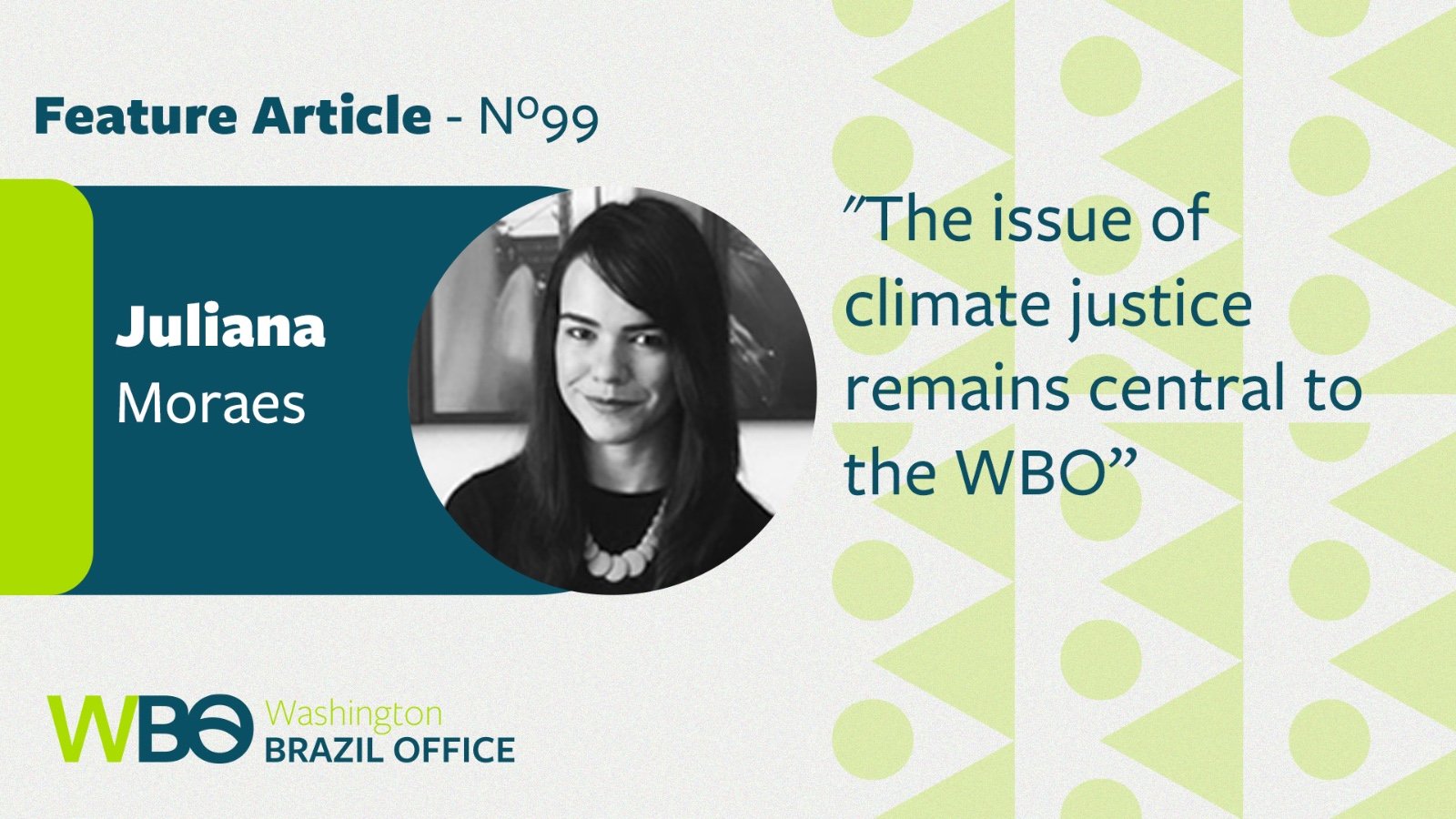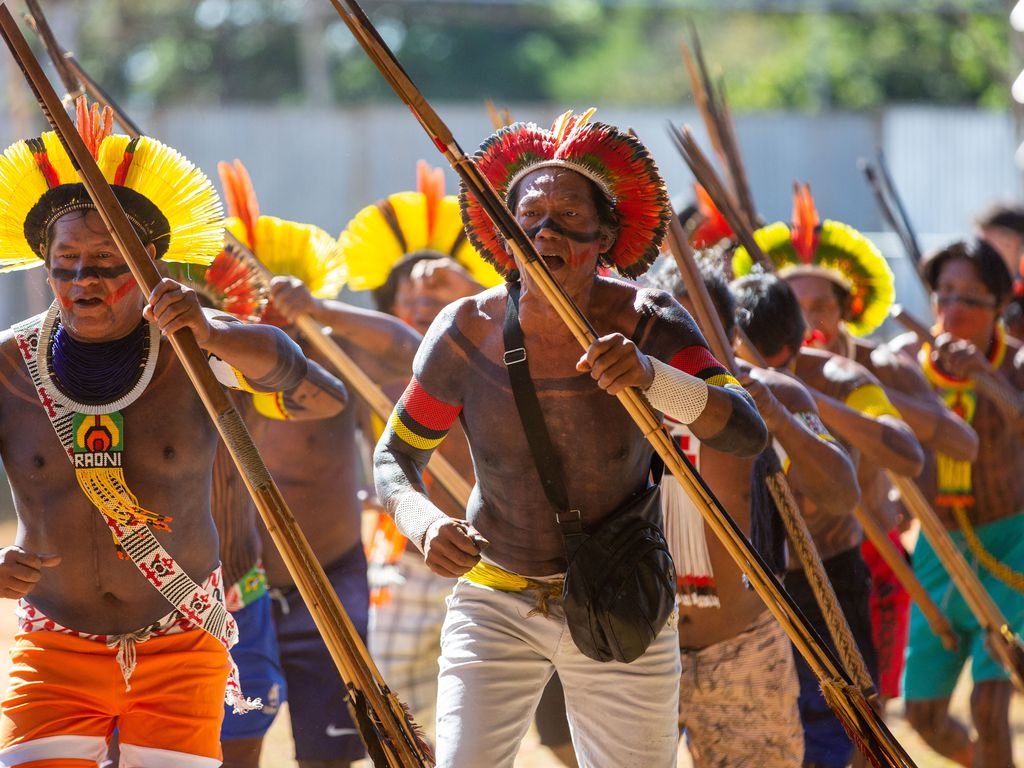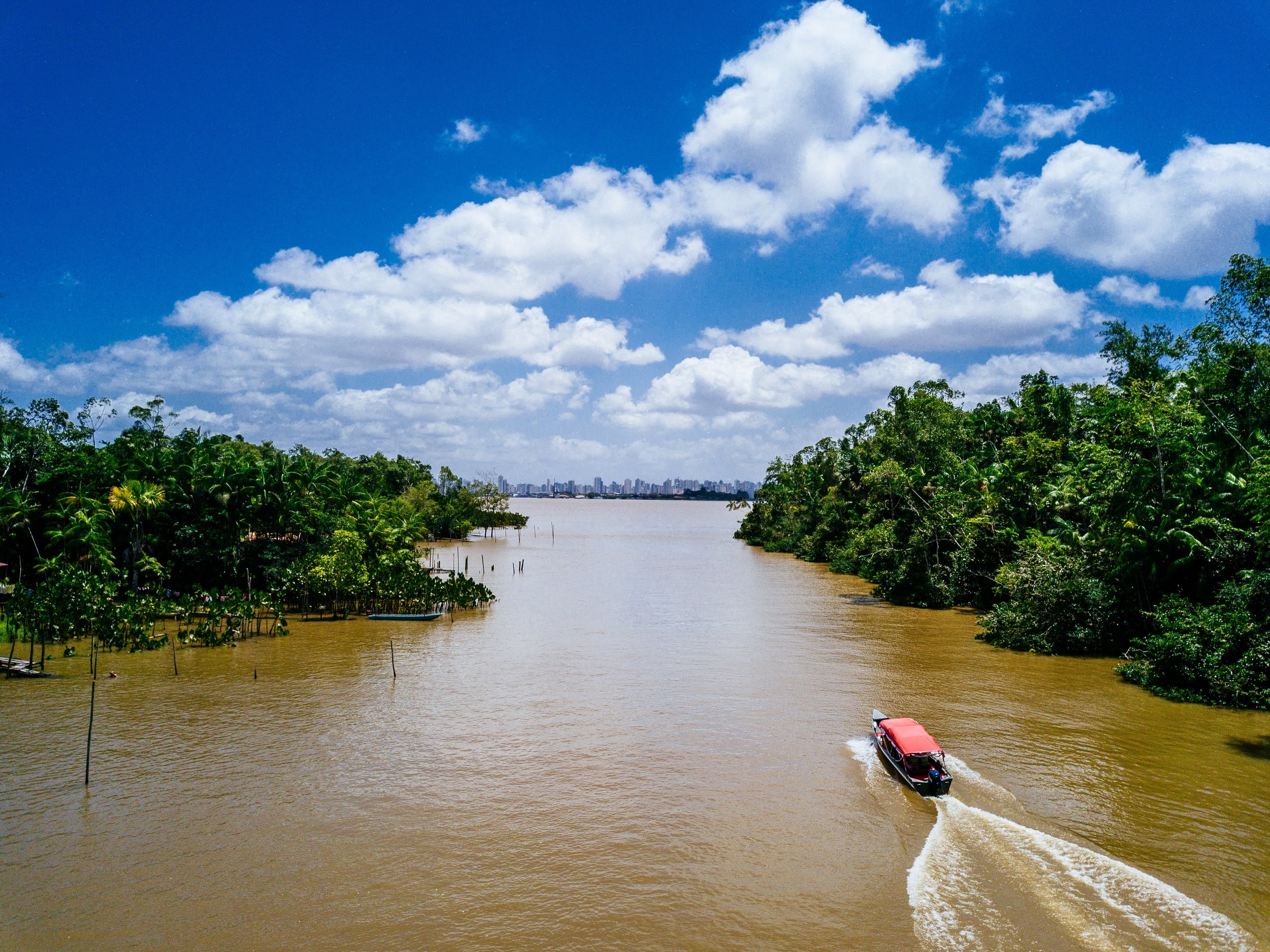The climate crisis, socio-environmental potential in Brazil and the role of the WBO
Juliana de Moraes Pinheiro is coordinator of the WBO's Socio-Environmental and Just Transition Program. This article is for issue 99 of the WBO weekly newsletter, dated January 12, 2023. To subscribe to the newsletter, simply enter your email in the form.
The Washington Brazil Office (WBO) has grown significantly in recent years. Looking at its origins, since the grassroots movement led by Brazilian women in Washington back in 2016, the organization has followed a path of evolution and consolidation, marked by the mission of being an independent institution specializing in understanding Brazil. It dedicates its efforts to supporting actions that strengthen the role of civil society and institutions committed to promoting and defending democracy, human rights, freedom, in addition to the country's socioeconomic and socio-environmental development. Looking back, the initial formation of the WBO and the implementation of its original mission were predominantly driven by issues related to socio-environmental setbacks during this period.
Over the course of these years, the WBO mostly played a containment role. The organization often acted on demand, responding to the most urgent needs arising from Brazilian civil society, especially organizations affiliated with the WBO. Issues related to socio-environmental violations were very frequent during this period. Two points exemplify this frequency: first when we consider that, from 2012 to 2022, 20 percent of the murders of environmental defenders worldwide occurred in Brazil; secondly, when we consider the record increase in illegal deforestation, especially between 2019 and 2022.
Aiming to intensify some previous actions to defend Indigenous Peoples and their territories, the WBO organized a meeting in 2020 between Indigenous leaders: then congresswomen Joenia Wapichana from Brazil and Debbie Haaland from the United States. This meeting solidified the U.S. congresswoman's commitment to the Indigenous Peoples of Brazil and Latin America, and she started to lead several letters signed by other members of congress, legislative amendments, and other political activities within this context. An example of this was the WBO's advocacy work with Haaland's office on Bill 2633/20, better known as the Land Grabbing Draft Law, which, in addition to other efforts, delayed the approval of this same project.
Still in 2020, the WBO connected lawyers from the Articulation of Indigenous Peoples of Brazil (APIB) with the most renowned litigation lawyers in the country. As a result, a clinic was formed to develop communications in filing complaints about crimes against humanity carried out by the Bolsonaro government to the International Criminal Court (ICC), which were submitted in 2021.
That same year, the WBO participated in several meetings between environmental organizations in Brazil and the United States to address the increase of deforestation in the Amazon. These conversations resulted in the preparation of a meeting between Sônia Guajajara, at the time the general coordinator of APIB, and currently the minister of Original Peoples, and John Kerry, the special U.S. climate envoy. In addition, these encounters also resulted in a virtual event with Sônia Guajajara and experts from the Climate Observatory and Greenpeace Global, as well as the WBO's participation in the task force with OECD-Watch on Brazil's possible entry into the Organization for Economic Cooperation and Development.
The WBO also had multiple successes in relation to the expansion agreement for the Alcântara Space Base, signed by Bolsonaro and Trump in 2019, and the defense of the Quilombola Peoples of Alcântara in the state of Maranhão. The result of these activities, carried out between 2019 and 2021, was the approval of a budget amendment by the US Congress for 2022 certifying that congressional funds could not be allocated for the removal of more than 800 Quilombola families from their constitutionally protected territories. In short, these and other areas of action form the basis for WBO's continued contribution to the existing socio-environmental potential in Brazil and its geopolitical importance in relationship to the climate crisis.
The planning and preparation of future projects designed and developed in 2023 demonstrate complementarity: the WBO continues to fulfill its role of containment, but given the current situation, it also begins to act in a more targeted and proactive manner. First, the WBO Research Fellows Program allows us to think about more ambitious projects. Second, given the relationship with members of the Board of Directors and representatives of organizations affiliated with the WBO, the implementation of some of these project proposals has been more widely discussed. And, thirdly, given its past activities, the organization came to receive recognition from new Brazilian members of congress and to carry out promising collaborations with civil society.
The issue of climate justice remains central to the WBO. The planning of our activities for this year derives from the three points mentioned above and takes advantage of the opportunities in this new political situation. We are discussing activities aimed at a fair energy and ecological transition in the country. When questioning who this transition can benefit, especially thinking about male and female workers, we plan to organize spaces for knowledge exchange between different relevant groups, both inside and outside the country, targeting experiences in Europe and the United States. Furthermore, given Brazilian progress in the regulation and implementation of carbon credit capture, we have emphasized, in collaboration with fellows and members of our advisory council of affiliated organizations, the importance of the preservation of indigenous territories.
Secondly, the challenges faced by Brazilian NGOs in defending the environment persist. The WBO acts as an international space for Brazilian activists, providing a vehicle and contributing to various causes in a collaborative way. We seek to expand this activity this year. In addition, considering the importance of the six Brazilian biomes, after years of involvement with the Amazon, the WBO is expanding its activities to the Cerrado (savannah), which plays a crucial role as a protective cordon for the Amazon. Given the growing threat to its biodiversity and the waters that supply the entire country, the WBO is engaged at parliamentary and civil society activities to defend the Cerrado.
Finally, linked to socio-environmental defense is the defense of democracy, which has its origins at the beginning of 2016 among activists who later founded the WBO. Over the years, the organization's effective performance in containing damage -- ranging from the defense of Indigenous Peoples and Quilombolas to the participation in initiatives to combat deforestation – demonstrates a solid commitment to climate justice.
Looking to the future, the WBO’s planned initiatives reflect not only the continuation of this work, but also its evolution towards a more proactive and collaborative approach. Thus, the WBO positions itself as a fundamental link, connecting different Brazilian and international actors and expanding knowledge about the fact that the global climate crisis requires finding the necessary opportunities to offer solutions and mitigate damages in Brazil.
Brazil, on the other hand, finds in the crisis the opportunity to implement new methods of socioeconomic development that bring to the decision-making process the importance and knowledge of Traditional Peoples and the unparalleled biodiversity of their biomes, in addition to the strength and needs of the working class and historically marginalized populations.



